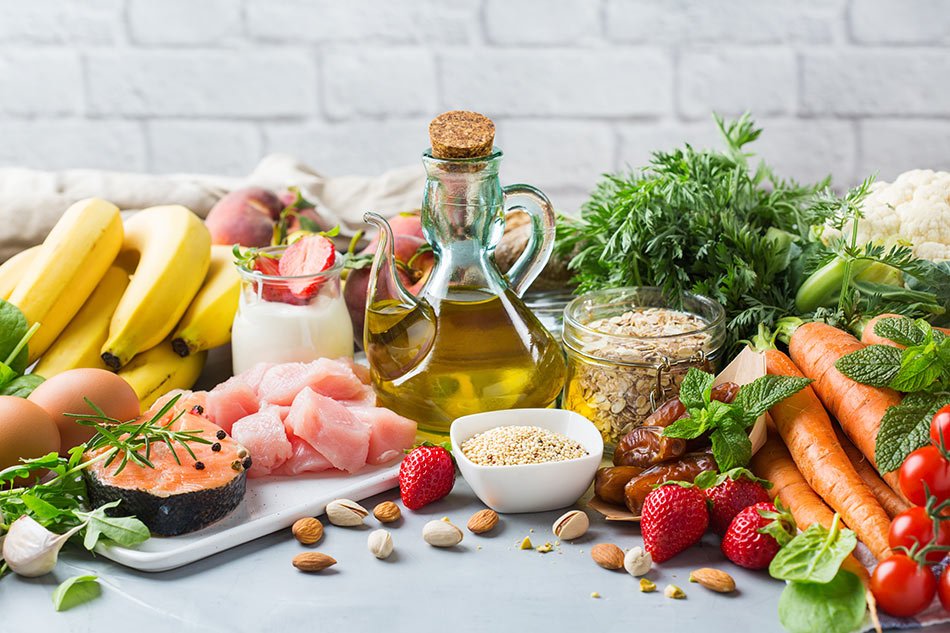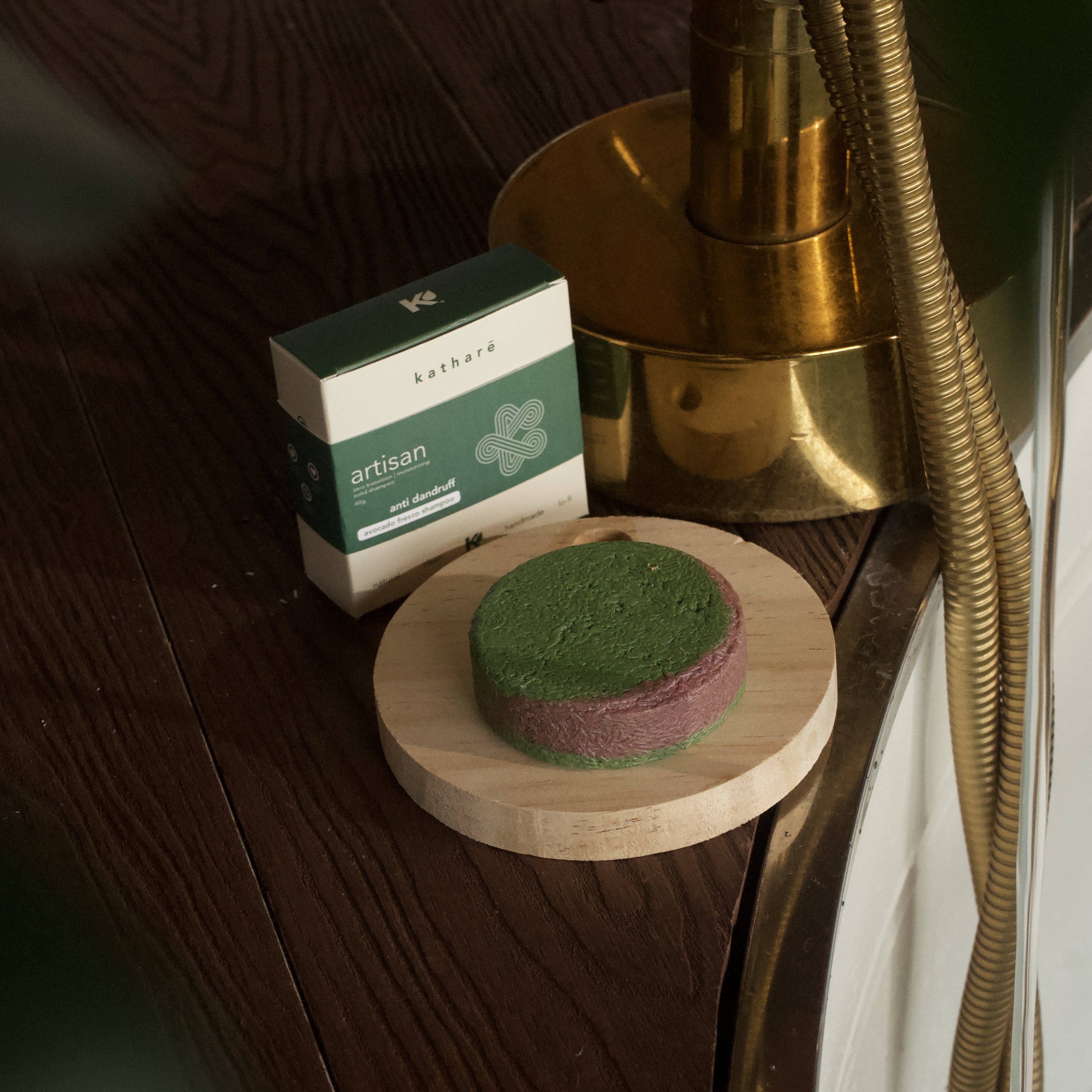Your hair's health is intricately connected to your diet. Beyond topical treatments, the nutrients you consume play a crucial role in maintaining hair strength, shine, and growth. Understanding how different nutrients impact your hair can empower you to make informed dietary choices that promote optimal hair health.
1. Protein: The Building Block
Protein is essential for hair structure since hair strands are primarily composed of a protein called keratin. Adequate protein intake supports hair growth and helps repair damage. A deficiency in protein can lead to weak, brittle hair and even hair loss. Incorporate sources of high-quality protein such as lean meats, fish, eggs, dairy products, legumes, and nuts into your diet. Vegetarians and vegans can opt for plant-based proteins like tofu, tempeh, quinoa, and lentils.
Benefits: Protein strengthens hair follicles, reduces hair breakage, and promotes thicker, healthier hair growth.
Misconception: While protein is crucial, excessive consumption doesn't necessarily lead to healthier hair. Balance is key.
2. Iron: Oxygenation for Follicles
Iron is vital for hair growth as it helps red blood cells carry oxygen to hair follicles. A deficiency in iron can result in hair thinning and loss, particularly in women. Include iron-rich foods such as red meat, poultry, fish, leafy green vegetables, and fortified cereals in your diet. Pair these foods with vitamin C-rich sources like citrus fruits or bell peppers to enhance iron absorption.
Benefits: Adequate iron levels support healthy hair growth and prevent hair loss due to insufficient oxygen supply.
Misconception: Excessive iron intake without medical necessity can lead to toxicity, so it's important to get levels checked before supplementing heavily.
3. Omega-3 Fatty Acids: Nourishing Scalp Health
Omega-3 fatty acids are essential for scalp health, reducing inflammation and nourishing hair follicles. Sources include fatty fish (salmon, mackerel), flaxseeds, chia seeds, walnuts, and soybeans. Incorporating these foods into your diet can help maintain scalp health and promote shiny, strong hair.
Benefits: Omega-3s strengthen hair follicles, reduce scalp inflammation, and improve hair elasticity.
Misconception: While omega-3s are beneficial, excessive intake may thin the blood, so moderation is key.
4. Vitamin A: Sebum Production
Vitamin A supports the production of sebum, a natural oil that moisturizes the scalp and keeps hair healthy. Include vitamin A-rich foods such as sweet potatoes, carrots, spinach, and kale in your diet. However, excessive vitamin A intake can lead to hair loss, so balance is crucial.
Benefits: Adequate vitamin A levels support scalp health and prevent dry, flaky scalp conditions.
Misconception: Overconsumption of vitamin A supplements can lead to toxicity, affecting hair and overall health negatively.
5. B Vitamins: Essential for Hair Growth
B vitamins, including biotin (B7), niacin (B3), and cobalamin (B12), play vital roles in maintaining hair health. Biotin, in particular, is known to strengthen hair and improve its elasticity. Sources include whole grains, eggs, nuts, seeds, meat, fish, and leafy greens. B vitamins help carry oxygen and nutrients to the scalp, promoting hair growth and overall scalp health.
Benefits: B vitamins support hair growth, prevent hair thinning, and improve scalp circulation.
Misconception: While biotin is popular for hair growth, its benefits are most noticeable in cases of deficiency rather than excess.
6. Vitamin C: Antioxidant Protection
Vitamin C is an antioxidant that protects hair follicles from damage caused by free radicals. It also aids in the absorption of iron, another important nutrient for hair health. Include citrus fruits, strawberries, kiwi, bell peppers, and broccoli in your diet to ensure an adequate intake of vitamin C.
Benefits: Vitamin C strengthens hair shafts, promotes collagen production, and enhances iron absorption.
Misconception: High doses of vitamin C may cause gastrointestinal discomfort; balance intake with dietary sources rather than supplements.
7. Zinc: Hair Tissue Growth and Repair
Zinc plays a crucial role in hair tissue growth and repair. A deficiency in zinc can lead to hair shedding and slow regrowth. Incorporate zinc-rich foods such as oysters, beef, pumpkin seeds, lentils, and chickpeas into your diet to support healthy hair growth.
Benefits: Zinc balances scalp oil production, strengthens hair follicles, and accelerates hair growth.
Misconception: Excessive zinc intake can interfere with copper absorption, so consult with a healthcare provider before supplementing heavily.
8. Water: Hydration for Hair Health
Proper hydration is essential for maintaining hair health. Drinking enough water ensures that hair cells receive enough moisture to stay strong and supple. Aim to drink at least eight glasses of water a day, and consider consuming hydrating foods like cucumbers, watermelon, and celery.
Benefits: Hydration keeps hair strands strong, prevents breakage, and maintains scalp health.
Misconception: While hydration is crucial, excessive water intake does not directly improve hair health beyond maintaining overall bodily functions.
9. Avoid Excess Sugar and Processed Foods
Diets high in sugar and processed foods can contribute to inflammation, which negatively impacts hair health. Limit your intake of sugary snacks, sodas, and processed foods in favor of whole, nutrient-dense foods that support overall health.
Benefits: Reduced inflammation supports healthy hair growth and reduces scalp conditions like dandruff.
Misconception: Some believe that cutting out sugar entirely improves hair health drastically; moderation and balance in diet are more impactful.
10. Balance and Individual Needs
While specific nutrients are important for hair health, balance is essential. Eating a varied diet that includes a wide range of nutrients ensures that your hair receives everything it needs to stay strong and vibrant. Consider consulting with a nutritionist or dietitian to assess your individual needs and optimize your diet for hair health.
What you eat directly impacts the health of your hair. By prioritizing a balanced diet rich in essential nutrients, you can promote strong, shiny hair and reduce the risk of hair loss and damage. Remember, healthy hair starts from within!
Savor the ideal nourishment for your hair!
It's never too late to transition to a healthier hair care routine—your hair will appreciate it!











